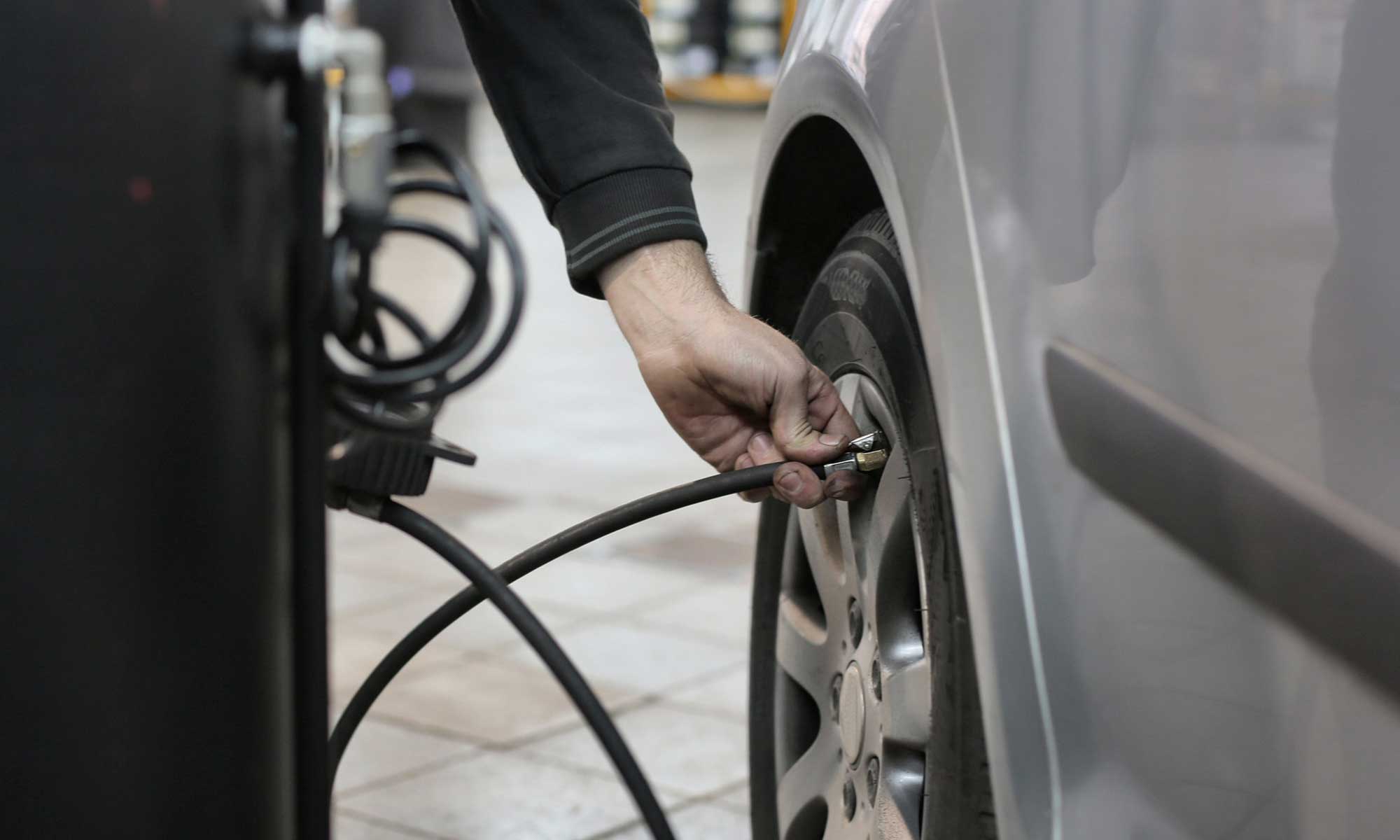Proper car tire pressure is crucial to ensuring safe and comfortable driving, as well as extending tire life. With incorrect pressure, tires can suffer from premature wear, reduced traction and increased fuel consumption. Therefore, it is important to know the proper pressure for your car tires.
The proper pressure for your car's tires can be found in your vehicle's owner's manual or on a sticker on the driver's door or gas cap. Recommended pressure is expressed in pounds per square inch (PSI) and may vary depending on vehicle model and tire type.
On average for small vehicles it is 30 psi, medium 33-36 psi and for large vehicles 40-42 psi.

Room temperature
It is important to remember that tire pressure should be checked regularly, at least once a month, and always before a long trip. The pressure should be checked cold, that is, when the vehicle has not been in operation for at least one hour. If tire pressure is checked while hot, the pressure will be higher due to the expansion of hot air inside the tire, which can lead to incorrect pressure and dangerous driving.
Driving type
In addition to the recommended pressure, it is important to consider driving conditions and vehicle weight when determining the proper tire pressure. If you are driving in high-speed conditions or on steep terrain, you may want to increase the tire pressure slightly to ensure better stability and traction. Likewise, if you are carrying a heavy load, the tire pressure must increase to compensate for the additional weight.
In off-road vehicles, low pressure in M/T tires is widely used so that the traction surface of the tire is larger and thus has better maneuverability on this type of terrain. Although this may mean greater tire wear, it is still a widely used practice.

It is important to remember that tire pressure that is too low or too high can affect vehicle performance and safety on the road. Too low tire pressure can increase rolling resistance, which in turn reduces fuel efficiency, while too high a pressure can make the vehicle feel stiff on the road and make handling difficult.
In conclusion, the proper pressure for your car tires is essential to ensure safe and comfortable driving, as well as to extend the life of your tires. It is important to check tire pressure regularly and take driving conditions and vehicle weight into account when determining the proper pressure. If you have concerns or questions about your car's tire pressure, do not hesitate to consult a tire specialist or trusted mechanic.

